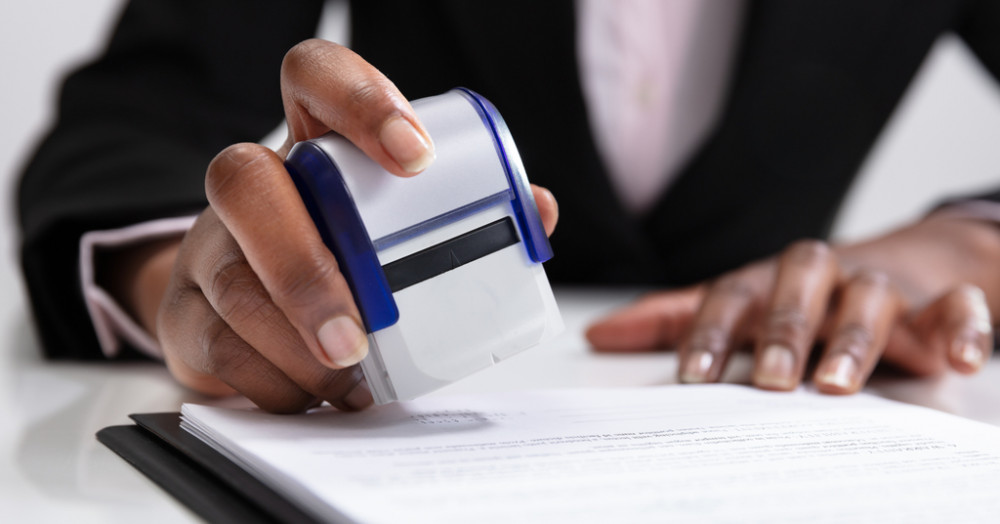
What to pay attention to on a tenancy agreement
Paying close attention to every detail in your tenancy agreement should never be an option. Why? This document outlines the do’s and don’ts, your landlords’ expectations, duration of the contract, etc.
Generally, there are vital details each tenant should consider getting clear answers to, even before signing the tenancy agreement document. These may include;
Rent and Bills payments
Ensure you fully understand on how and when you are meant to pay your rent and bills. Also, ask for clarifications whether bills (such as water, electricity, Wi-Fi, etc.) are included in the rent or not. In some occasions, tenants are required to pay for council tax unless they reside in multiple occupations (HMO). In this case, it is the landlord’s liability to pay the council tax.
Issuing of notices
In your tenancy agreement, there must be a clause, stating how much time you need to issue a notice, prior to your tenancy termination. Note that this clause is essential as failure to abide by it, you may end up paying your rent for unplanned period.
Deposits
While moving into a new house or apartment, you are required to pay a set amount of money, also known as your tenancy deposit. However, this amount is refundable upon termination of your tenancy contract, if you’ve obliged to the tenancy regulations. This includes leaving the house in order, clean, well maintained, and paying your rent on time. On the tenancy agreement, all the conditions should be stated, regarding on how and when you are to receive a refund of your tenancy deposit.
Decorating and repairs
In many occasions, as a tenant, you are not allowed to have any permanent decorations, modifications and repairs to your house, unless with special permission from your landlord. Also, in case there is a need for minor or major repairs, who’s responsible?
Subletting
Well, this varies from one landlord to another. In some cases, never at any time should you let out your rental house without your landlords’ notice. In the tenancy agreement, you can find this information, with the possible consequences (fines or legal action) your landlord may take against you.
Making changes
Within your stay, you may opt to have a review on the already signed tenancy agreement with your landlord. In this case, is it possible or once you have signed the document, it’s a closed deal?
Special clauses
This clause aims at looking at specific issues that your landlord may be against, such as, smoking, keeping pets, cleanliness, loud music, etc. Ensure you read through this segment to avoid any disputes later, either with your landlord or other tenants.
Moving into a “new” home can be exciting to some people, but all in all, do not make a rash decision while signing your tenancy agreement. You may request for more time from your landlord, to carefully scrutinise every detail included in the agreement. Remember, the tenancy agreement is the key part of your tenancy, stating your privileges and expectations as a tenant.